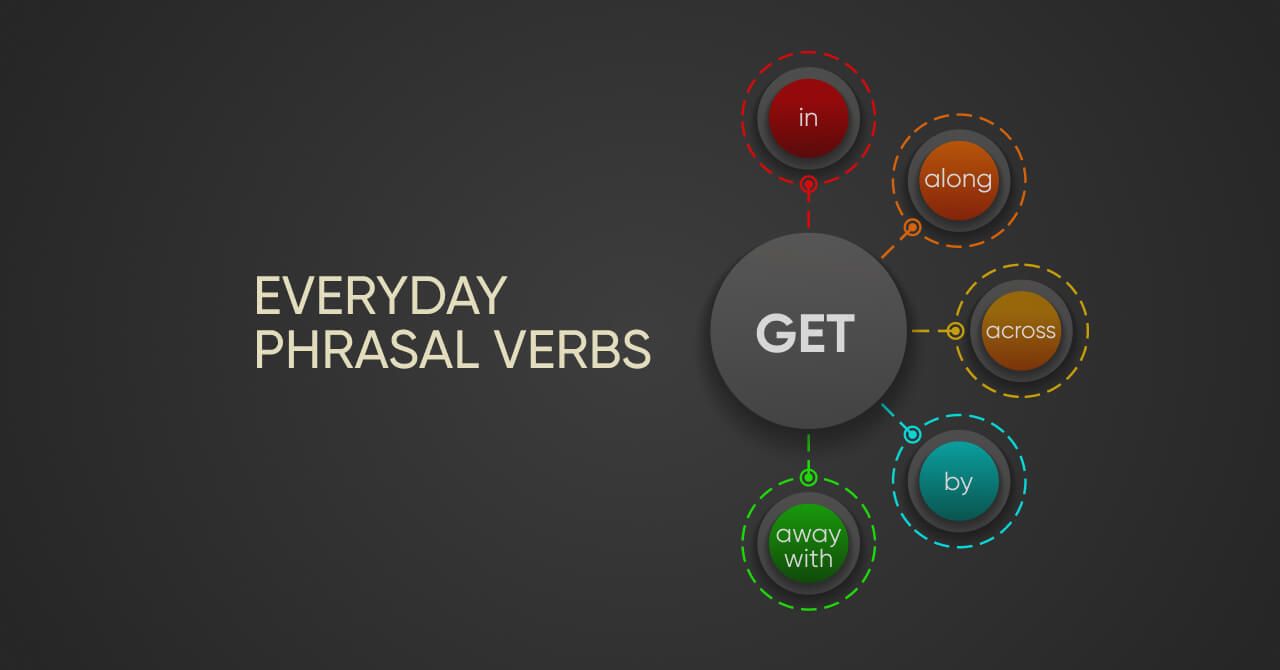Idioms & expressions
Add new idioms and expressions to your vocabulary. Learn how to use them in real-life situations.

The Meaning of “Periodt” and Its Origin
Periodt is usually used as an interjection. It originated from the word “period.” When “period” is used as an interjection, it means the end of a discussion or tells us about an unappealable decision.

5 Multi-Purpose, Everyday Phrasal Verbs & How to Use Them
Phrasal verbs are important because they will significantly elevate your speaking/conversational skills in informal/conversational English.

Please Advise—Meaning and Use
It’s generally advisable to avoid using “please advise” unless it’s entirely appropriate. Let’s find out how to use “please advise” correctly.

Easy-to-Use “Sleep” Idioms And Phrases
Learning idioms will help you express your emotions and ideas more effectively and connect to other people more easily.

Easy-to-Use Fall Idioms, Phrases, and Words
Here are some fall phrases and words you can incorporate into your everyday conversation to spice up your grammar this fall.

15 English Sayings That Make No Sense
Many sayings don’t make sense literally, but when we take a closer look, we see that they convey a deeper meaning beyond literal interpretation.

The Italian Word “Capiche”: The Meaning and Spelling in English
Capiche has its roots in Latin from the Latin word capere, which means “to take, catch, comprehend.”

6 Popular English Idioms & Their Meanings
An idiom is a phrase that, when taken as a whole, has a meaning you wouldn’t be able to deduce from the meanings of the individual words. 1. Stir up a hornet’s nest Explanation: To stir up a hornet’s nest is to course problems or make trouble or to course commotion. Example: The community members decided not to stir up a hornet’s nest by calling a community meeting to force the tenants to cut a meter out of their stands. 2. An eye for an eye Explanation: An idea that a person who causes